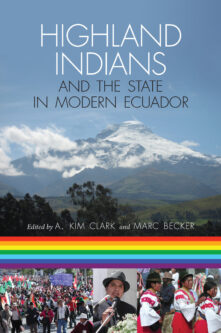History / Latin America / South America
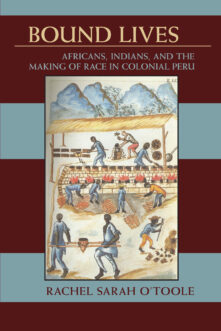
Bound Lives
Africans, Indians, and the Making of Race in Colonial Peru
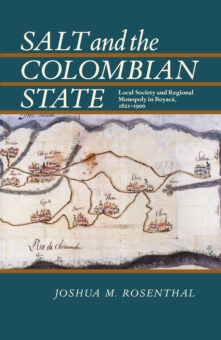
Salt and the Colombian State
Local Society and Regional Monopoly in Boyaca, 1821-1900
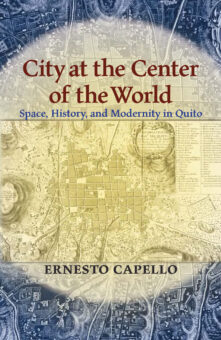
City at the Center of the World
Space, History, and Modernity in Quito
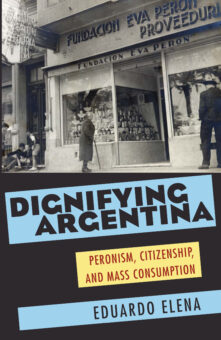
Dignifying Argentina
Peronism, Citizenship, and Mass Consumption
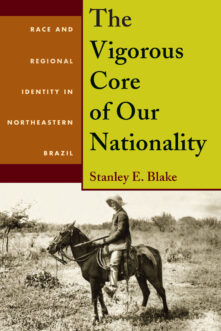
The Vigorous Core of Our Nationality
Race and Regional Identity in Northeastern Brazil
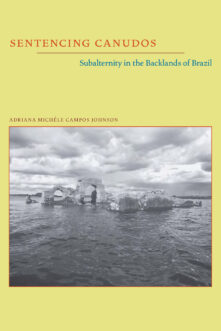
Sentencing Canudos
Subalternity in the Backlands of Brazil
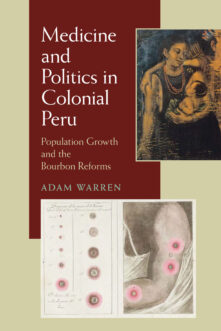
Medicine and Politics in Colonial Peru
Population Growth and the Bourbon Reforms
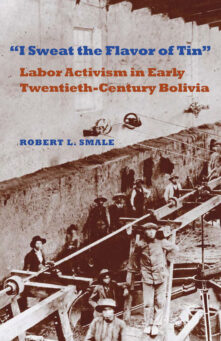
I Sweat the Flavor of Tin
Labor Activism in Early Twentieth-Century Bolivia
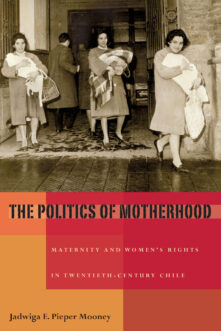
The Politics of Motherhood
Maternity and Women's Rights in Twentieth-Century Chile
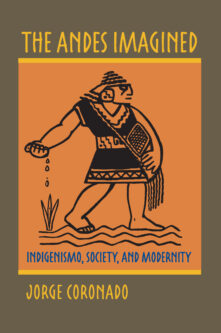
The Andes Imagined
Indigenismo, Society, and Modernity
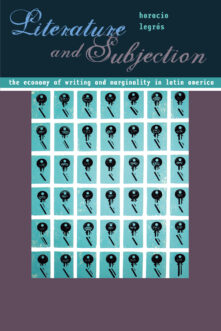
Literature and Subjection
The Economy of Writing and Marginality in Latin America
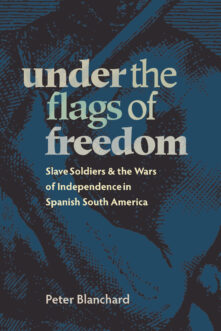
Under the Flags of Freedom
Slave Soldiers and the Wars of Independence in Spanish South America
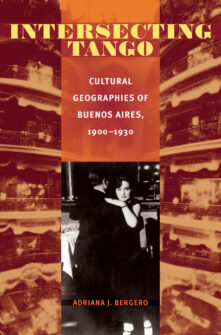
Intersecting Tango
Cultural Geographies of Buenos Aires, 1900-1930
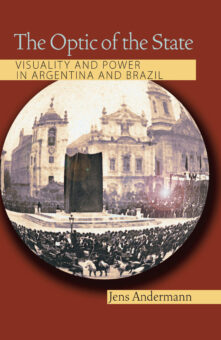
The Optic of the State
Visuality and Power in Argentina and Brazil
Total 71 results found.


